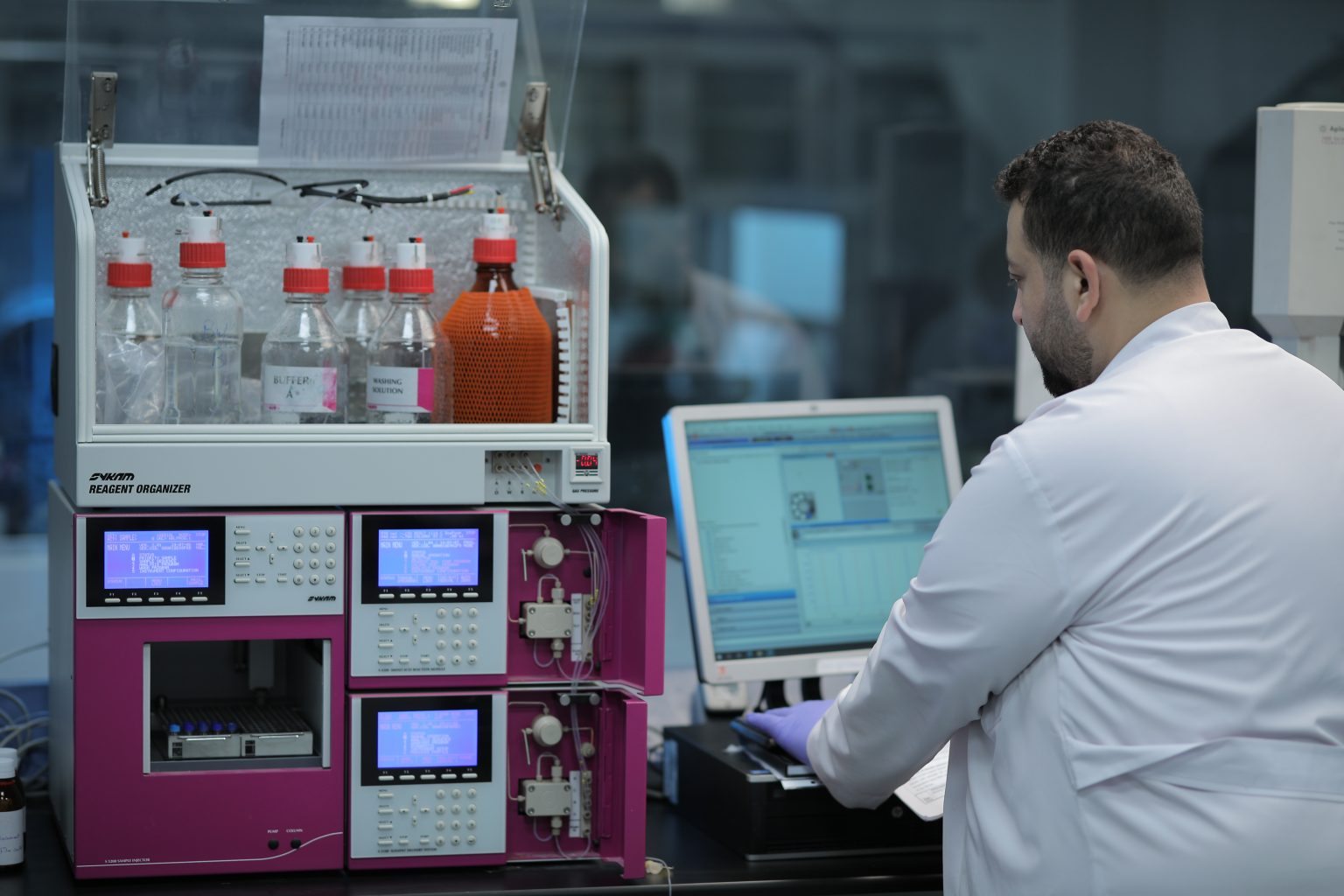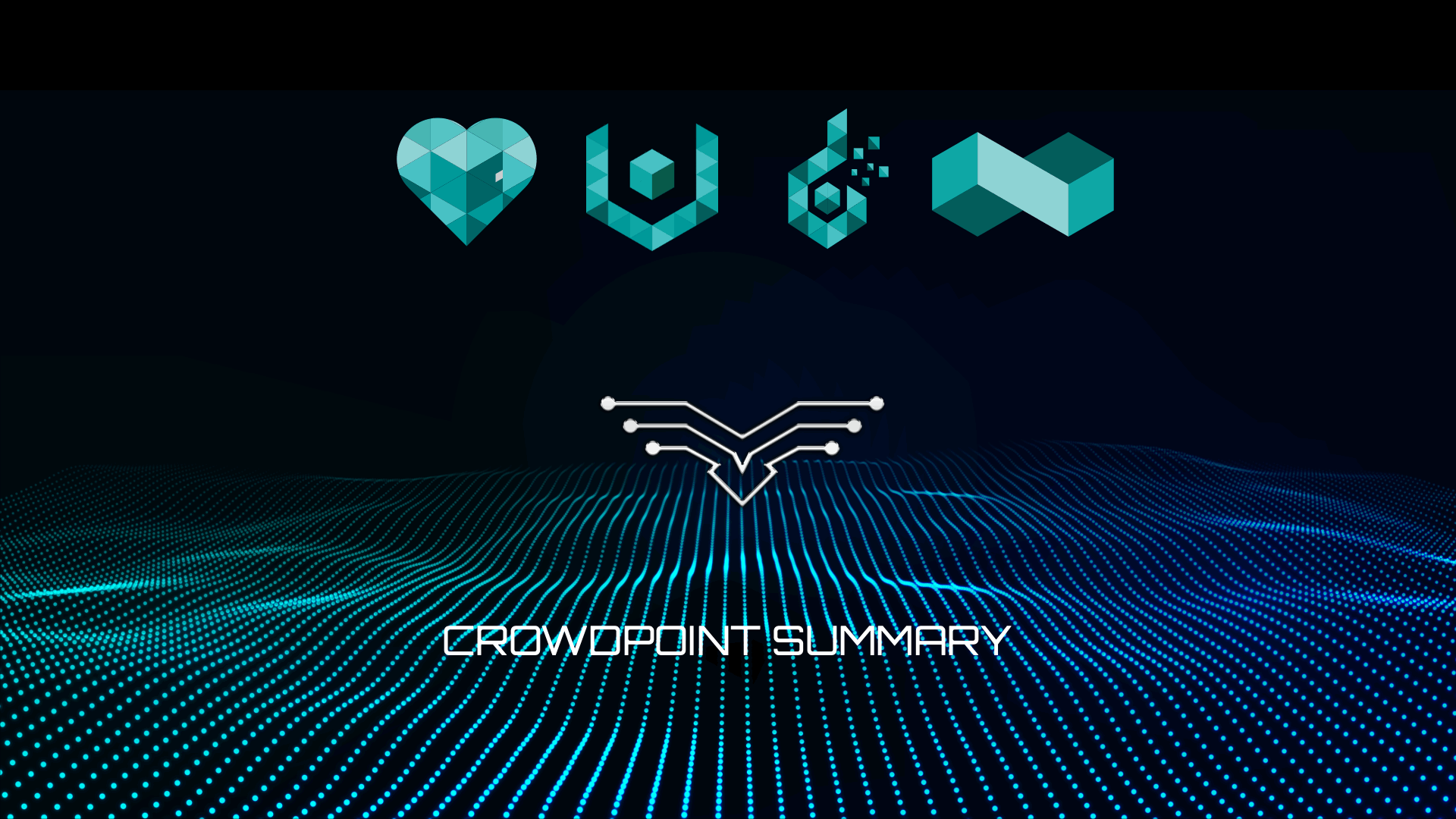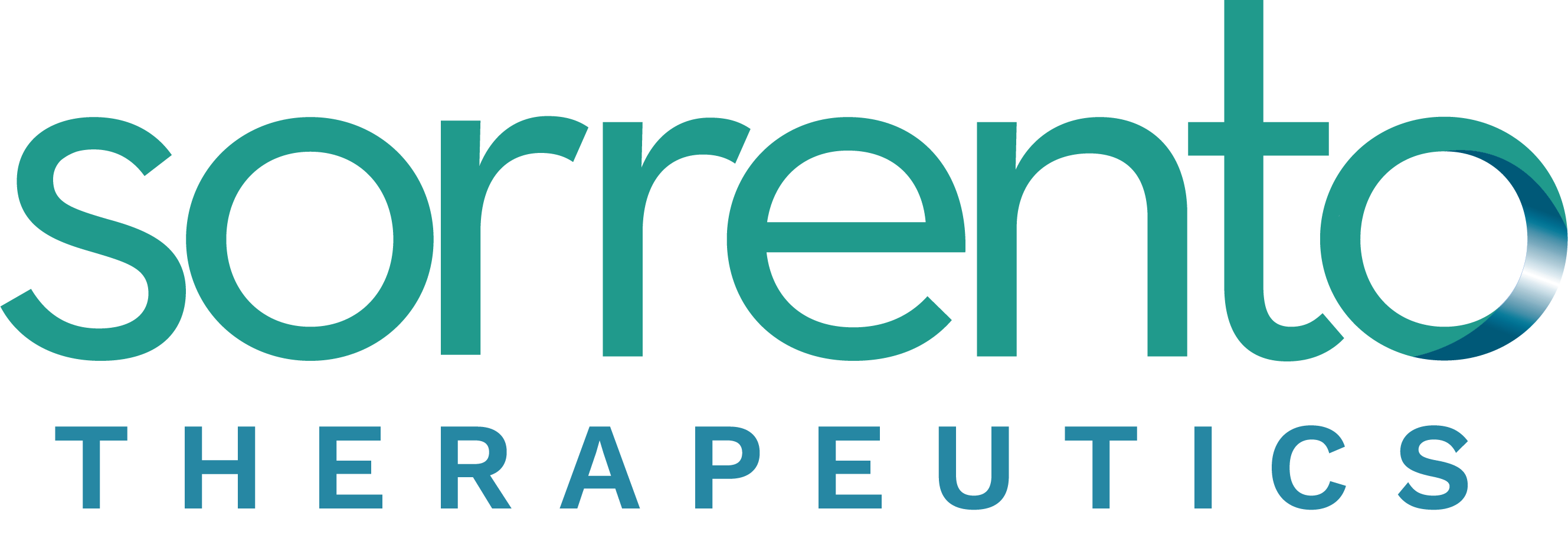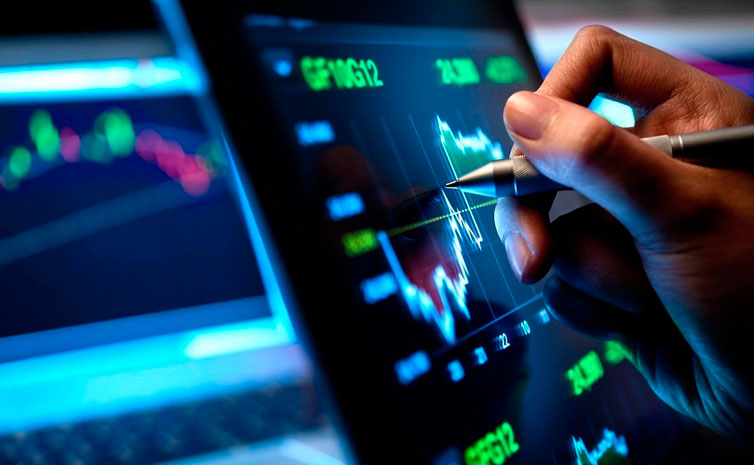The global halal pharmaceutical market was valued at USD 93.96 billion in 2018, and is expected to grow at a CAGR of 9.4% during the forecast period. Prevalence of strong fertility rates in North Africa, Middle East, ASEAN, and European countries is expected to provide a wide consumer base for driving the halal pharmaceutical market consumption. At present, the global average fertility rate is around 2.6 kids per woman in Muslims, which is higher than the minimum rate of 2.1 that indicates stable
population growth. Migration patterns of the Muslim population is expected to help the halal pharmaceutical market players to target and penetrate in low concentrated
geographies or non-Islamic countries. Developed economies in Europe and North America are considered to be important locations for Muslim immigrants over the next decade.
The global market is classified on the basis of drug class, product type, source material, and region. On the basis of drug class, the market segments include respiratory, cardiovascular, endocrine, pain medications, allergies, and others. The product type is segments include tablets, syrups, capsules, and others. Based on the source material, the market is classified into plant based, animal based, synthetic and semi-synthetic, and recombination DNA. North America, Europe, Asia Pacific, Central and South America, and Middle East & Africa are the key regional segments of the global halal pharmaceutical market.
Recent industry activities and trends:
Halal vaccines: The Halal Industry Development Corporation has received an investment of USD 100 million to help the production of Halal and pork free vaccines in Malaysia within three years
Consumer awareness: with the world’s first Halal pharmaceutical standard produced by Malaysia (MS2424:2012) there is potential to build consumer awareness about the need of Halal pharmaceuticals. This awareness will also stimulate the supply and meet the needs that will arise from the demand.
Halal certification: Halal certification helps to boost customers’ trust regarding the products purchased as well as increase the product sales. Malaysia recently introduced its Pharmaceutical Products Halal Certification, MS2424: 2012, and is confident it will increase its exports. Indonesia has also stated that this is a key issue as it is a human right to eat pharmaceutical products from Halal.
Emerging Halal-certified companies: Many companies see the market opportunity. Halal products are offered by CCM and others mentioned previously. For example, U.S.-based Noor Vitamins were created to meet the need for high-quality, halal-certified multivitamins. Nutrition Enhancement is another U.S.-based firm that produces Halal-certified multivitamin prenatal. Malaysia's subsidiary Selangor, Worldwide Medivest Sdn Bhd, has spent RM80 million to establish the production of Halal surgical suture
Key Segments of the Global Halal pharmaceuticals Market
- Drug Class Overview, 2015-2025 (USD Billion)
- Respiratory drugs
- Cardiovascular drugs
- Endocrine drugs
- Pain medications
- Allergies (cough & cold)
- Others
- Product Overview, 2015-2025 (USD Billion)
- Tablets
- Syrups
- Capsules
- Others
- Source Material Overview, 2015-2025 (USD Billion)
- Plant and plant derivatives
- Animals (compliant under religious laws)
- Synthetic and semi-synthetic source
- Recombinant DNA (rDNA)
- Regional Overview, 2015-2025 (USD Billion)
- North America
- U.S.
- Rest of North America
- Europe
- Germany
- UK
- France
- Russia
- Turkey
- Rest of Europe
- Asia Pacific
- China
- Malaysia
- Japan
- Rest of Asia Pacific
- Central & South America
- Brazil
- Rest of Central & South America
- Middle East & Africa
- GCC
- Rest of Middle East & Africa
- North America
The Islamic financial assets are anticipated to exceed USD 3.8 trillion in the next few years. According to the State of the Global Islamic Economy Report 2018-19 published by Dubai Islamic Economy Development Centre (DIEDC) in 2018, the global spending of Muslim consumers on food & beverage and wellness and lifestyle products surpassed USD 2.0 trillion in 2017 and is likely to reach a value of USD 3.0 trillion by the end of 2023.
Halal pharmaceuticals are medicinal products that are made of ingredients approved by Sharia or Islamic religious laws. These products are specifically manufactured by using machinery and equipment that are not contaminated by prohibited / non halal materials based on the Islamic law. Halal pharmaceuticals are not only harmonized with the Islamic law and Goods Manufacturing Practice (GMP). For ensuring the production process of pharmaceuticals to be Halal compliant, the manufacturing firm must fulfill the quality requirements and prevent cross contamination of halal approved ingredients, vessels, and equipment.
Development of new products is a very important factor for opening new avenues in the global halal pharmaceutical market. Over the last few years, the halal pharmaceutical market has witnessed significant developments pertaining to research & innovation. Key industry players such as AJ Pharma and Pharmaniaga have been focusing on the development of Halal compliant vaccines. In addition to this, the production of these vaccines will be initiated in a new manufacturing setup the construction of which is expected to be completed by the end of 2019. Such a scenario is considered to be a leverage for global level investors who are aiming to optimize their business growth in the halal pharmaceutical sector.
Plant based vaccines and halal nutraceuticals are considered to offer lucrative opportunities that are likely to boost the halal pharmaceutical market over the years ahead. AJ Pharma Company’s headquarters are based in the Middle East and have manufacturing facility in Malaysia. The presence of this player in prominent Islamic populated countries has provided the company with a real time access towards the market dynamics in the halal pharmaceutical markets. For instance, the company is constantly engaged in the development of plant based vaccines, which are intended to target the Muslim audience who otherwise are reluctant to use non-halal products.
Formation of international halal accreditations is expected to be one of the key growth opportunities of the global halal pharmaceutical market. For instance, The Department of Islamic Development Malaysia (JAKIM) provided a first Halal accreditation to Chemical Company of Malaysia (CCM) for prescription medicine. Other Islamic countries such as Indonesia and the UAE have also announced plans of mandating the halal products.





